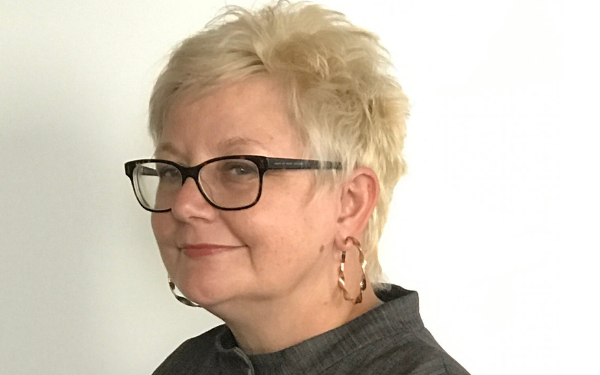Many social work practitioners grapple with a desire to grow in the profession, but while working directly with children and families rather than in management.
So how do you make that work?
For Staffordshire County Council, the answer is to use its size to its advantage, using specialist teams alongside a clear Social Work Offer to provide choice and career experience across its social work teams.
Staffordshire covers 1,000 square miles and more than 870,000 people live in its eight districts and boroughs. The size of the county brings social work challenges, with pockets of real rural isolation as well as extreme urban deprivation, but it also brings opportunities.
“Our size provides social workers with the opportunity to gain a breadth of knowledge across the whole journey of the child through specialist central teams such as our Intensive Support Service and Kinship Care Team as well as district based Local Support Teams, Safeguarding, Care Planning and Court and Throughcare Teams”, Helen Riley, deputy chief executive and director for families and communities in Staffordshire, says.
Rated ‘good’ by Ofsted in 2014, Staffordshire is committed to improving outcomes for children and young people by continuously improving social work practice.
“We proactively support our social work practitioners to work across teams and develop their skills in specific disciplines as well as funding or providing flexible working arrangements to support formal academic qualifications and providing space to reflect in one-to-one and group supervision.”
Investing at all levels
The authority is investing in social work at all levels, running Step Up to Social Work and Frontline graduate programmes to encourage the next generation of social workers while being a key member of the West Midlands Teaching Partnership to support the ongoing development of those already practicing.
This serves the council’s overall aim, which is “to support families to safely care for their children via the lowest level and least intrusive support within their communities” explains Helen.
“To do this, we need skilled social work teams who are supported professionally and personally to do their very best work every day.”
Kezia Mifflin joined Staffordshire as a newly qualified social worker and has taken the opportunity to work across many teams. She explains: “I have worked in children’s services in Staffordshire’s family assessment and support team, safeguarding team and the Edge of Care service. This has given me the chance to work with other social workers and teams involved throughout a child’s journey. I am about to start a new post as an Independent Reviewing Officer which will continue my professional development while enabling me to work with children, aiming to get the best possible outcomes for them with child protection or looked after children services.”
Turnover figures in Staffordshire’s social work teams are low compared to other authorities but like many others, Staffordshire is seeing an increasing number of families needing support, and they are investing over £1million to increase capacity, reduce caseloads and enable their social work teams to do direct work with families.
And the investment is paying off with recognition for Staffordshire’s work around intensive prevention recognised at the MJ and Local Government Chronicle Awards this year.
‘Leading the field’
“I am so proud of what we have achieved for some of our most vulnerable families and that we are being recognised for our innovative approach on a national stage,” says Helen.
“We are leading the field with our approach to intensive support for children on the edge of care and innovative ‘Breathing Space’ support for women who have had children permanently removed from their care in the past. This includes parenting programmes, practical and emotional support to help mothers make the changes needed to remain caring for their new baby following birth. There’s also a greater focus on reunification for children in the care system with a ‘step down’ from residential to foster care and intensive family support for families with drug or alcohol dependencies.”
Practitioners are enabled to do intensive work with families through Staffordshire’s Smart Working initiative, which allows social workers to work flexibly in their communities – and from home – through the use of tablets and smartphones.
“Technology supports our social workers to use their time around family visits and complete case notes on the move. We’ve invested heavily in the kit available to our social work teams because it allows them to use their working hours well and contributes to a healthy work-life balance,” Helen says.
Social workers are also able to claim Essential Car User allowance, worth up to £963 a year, to cover costs if they choose to use their own car to travel to and from visits.
The council has also invested significantly in supporting the mental wellbeing of its social workers.
“We have recruited over 70 colleagues who are training as Mental Health First Aiders to work across the council and staff can also access professional counselling through the ThinkWell service,” Helen adds.
“I truly believe that through a comprehensive training offer, supervision and support for personal wellbeing, Staffordshire is a place where social work practitioners can practice the way they want to practice, and their career can flourish, whatever the ambition.”




 Facebook
Facebook X
X LinkedIn
LinkedIn Instagram
Instagram